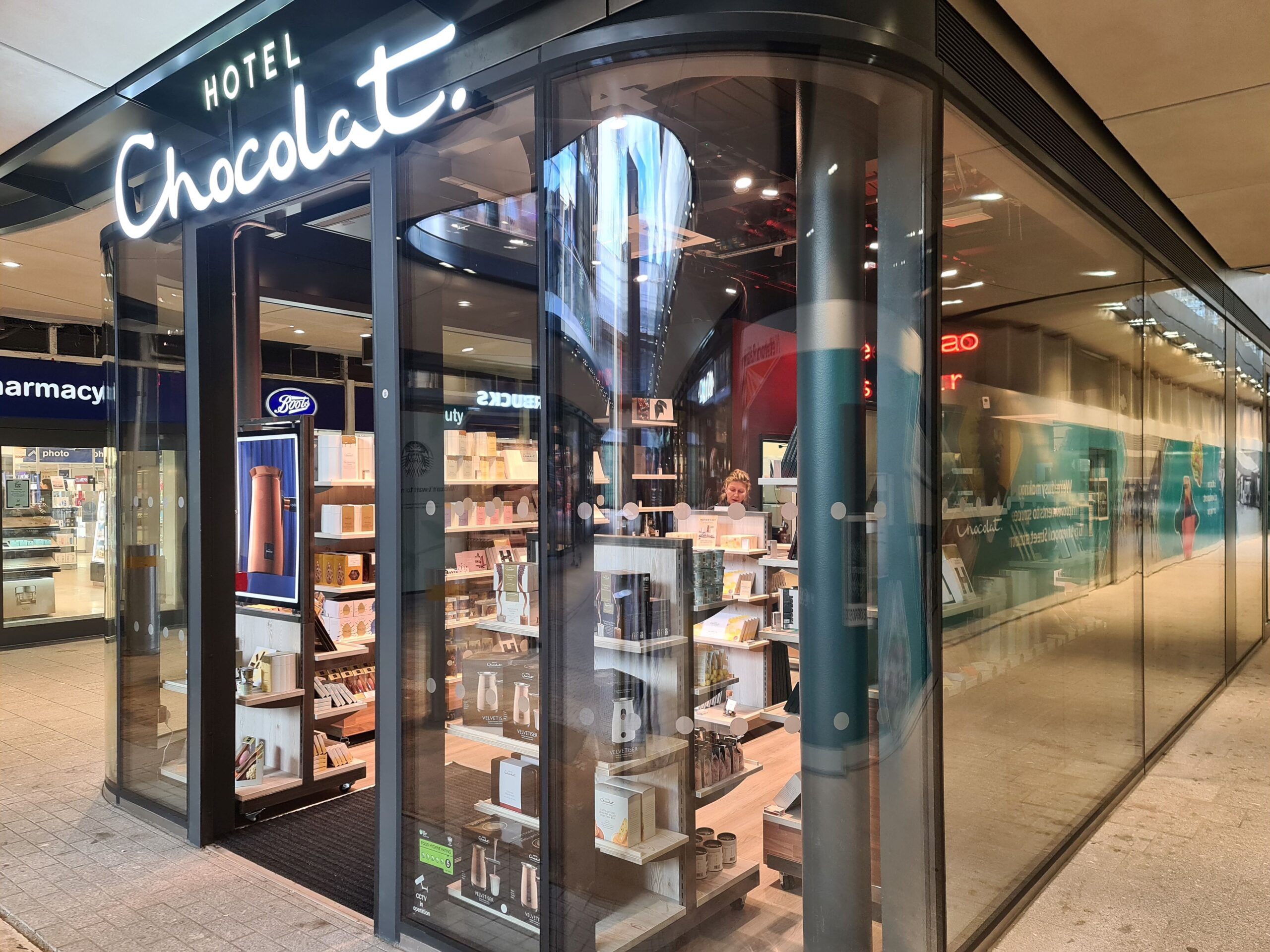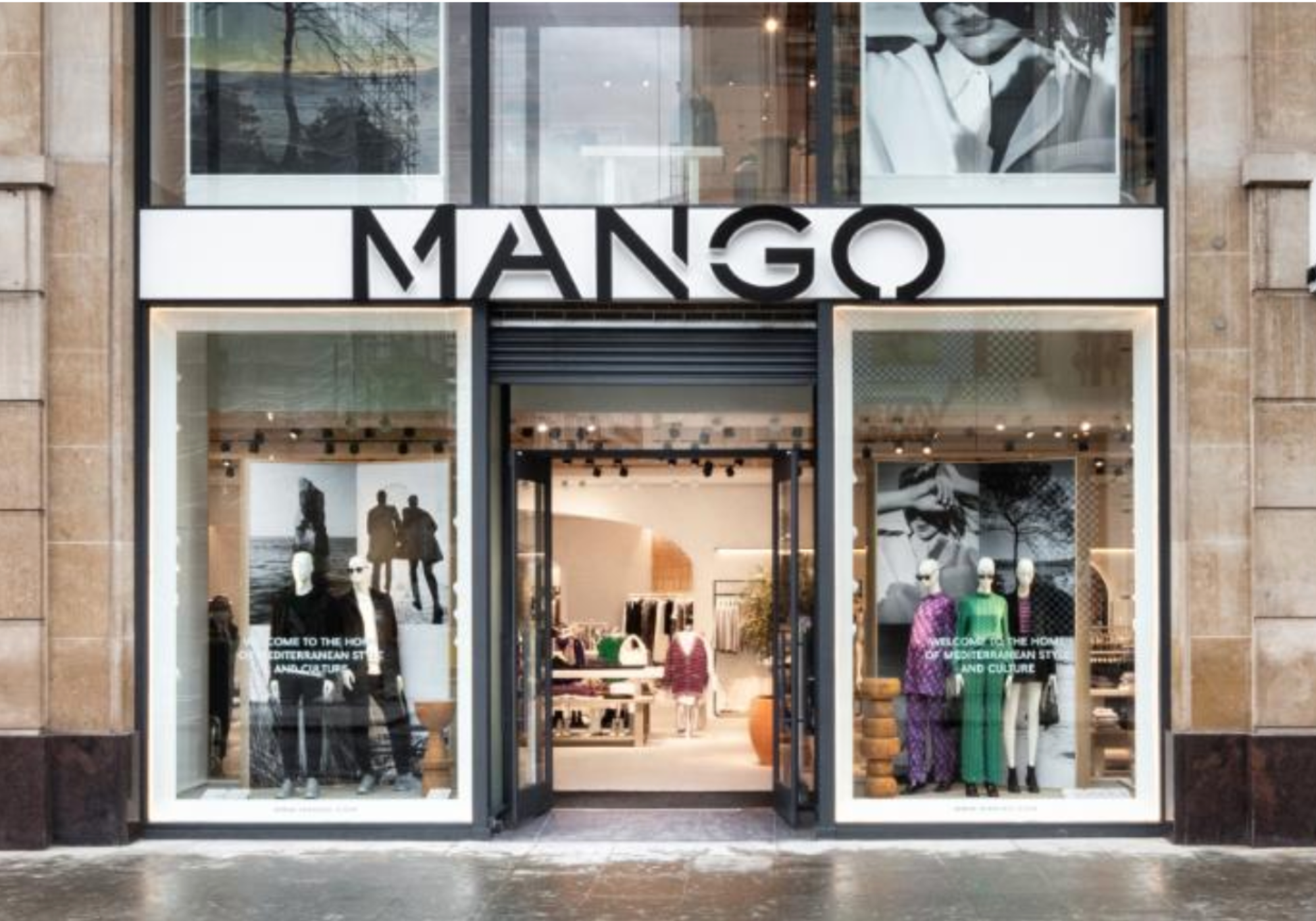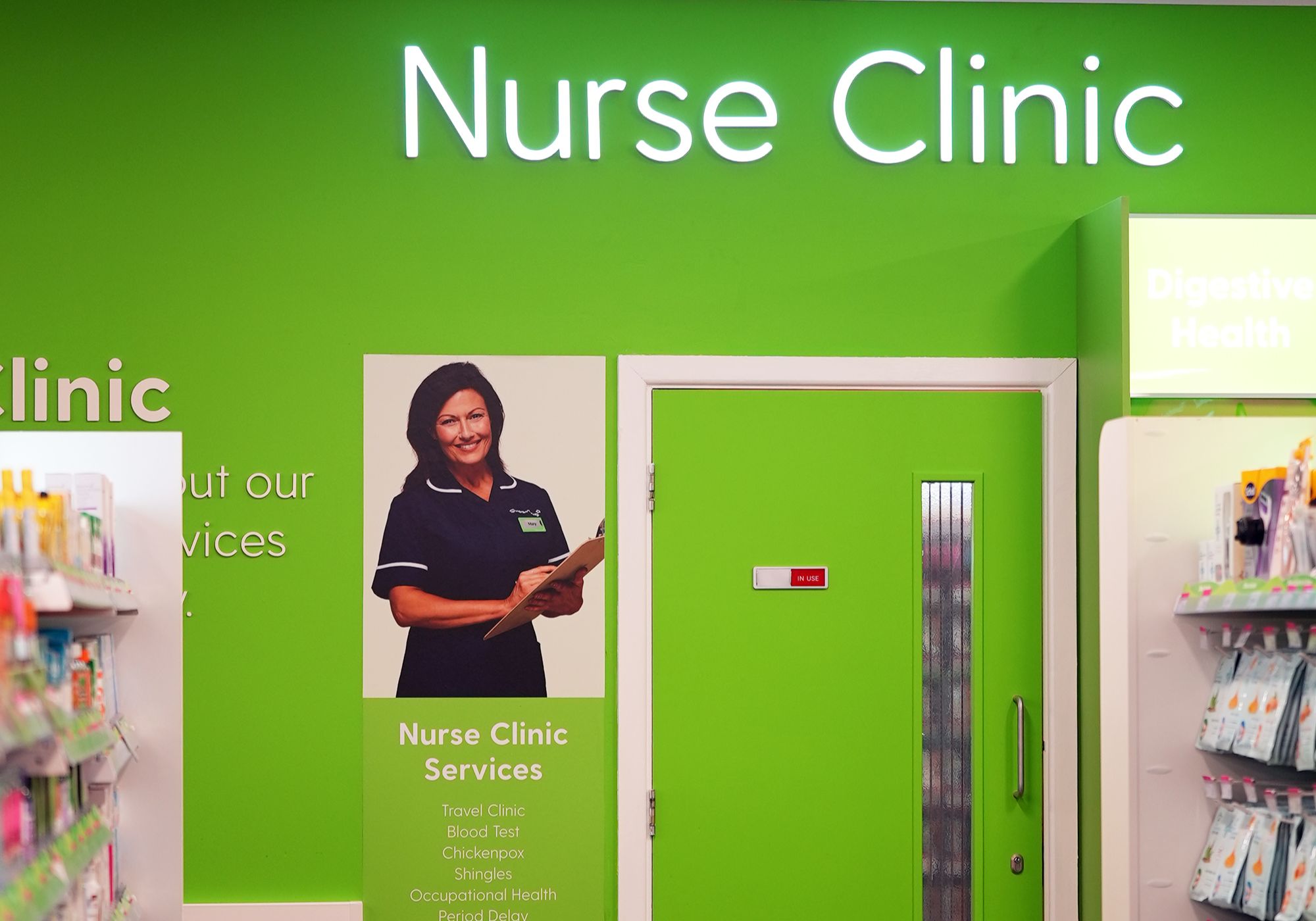Some 90% of all UK retailers now sell online, and 95% say they have seen the benefits of selling over mobile devices – but as yet only 26% of sales are influenced by the digital channel, a new study has found.
Rather, finds the new report from Salmon, British Business in the Digital Age, the potential of digital commerce is yet to be fully realised. Salmon predicts that 40% of sales will be driven by digital in five years time. Some 23% of retailers say m-commerce will drive revenues growing by 20 to 30% over the same period.
Indeed, 73% of respondents to the study, which covered four sectors – manufacturing, retail/grocery, retail/non-grocery, retail-luxury and wholesale – said digital commerce was important to their industry. Of those operating in non-food retail, 87% agreed with the statement, while 100% of luxury retailers concurred.
Investment is being put in place: 63% of the etailers who responded to the study use commerce, while 43% offer click and collect and 43% provide customers with in-store automated ordering. Traders are also looking to the future, the study found, with 47% already investing in the Internet of Things, or planning to do so over the next five years.
But many recognise the importance of ecommerce, there are distinct challenges still putting the brakes on its growth. Researchers found that 41% highlighted the difficulty of integrating ecommerce with traditional sales channels, while 37% flagged up customer service and 35% the distribution of products.
“Integration,” said the report, “seems to be the main issue, with companies pointing to difficulties in joining up the technology with other software and databases.” Beyond that, 47% of grocery retailers particularly highlighted challenges with product distribution, while among non-grocery retailers 50% cited competition with pure plays such as Amazon, and 58% of luxury retailers cited customer service.
But while
The study also found that the importance of ecommerce was still emerging for business-to-business (B2B) audiences: 63% of those questioned said digital was more important in a business-to-consumer context than in B2B, and 59% said B2B organisations had yet to realise the potential of digital commerce.
“British businesses are certainly exploiting digital sales channels but the fact is that they can do more to realise their full potential,” said Salmon chief executive Neil Stewart. “Rushing ahead with emerging digital technologies before mastering the basics is unlikely to reap the revenue returns we all hope for. Digital commerce has the potential to be as vital to UK plc – whether B2B or consumer-facing – as it is to the lives of the general public. Businesses need to think long and hard about the role digital commerce can play in their organisations and go on a journey to realising that potential, implementing strategies which suit the bespoke needs of their customers.”






